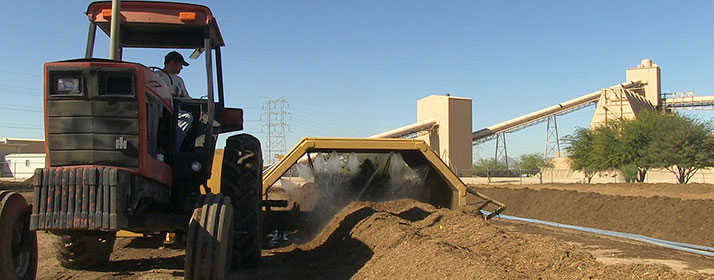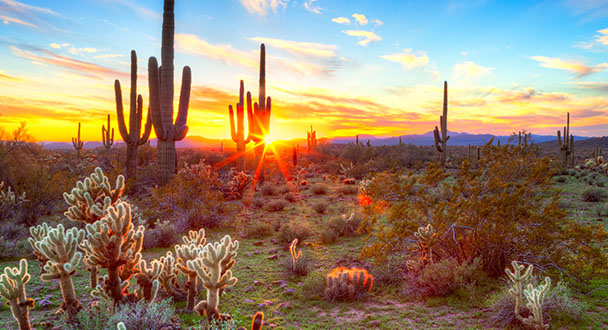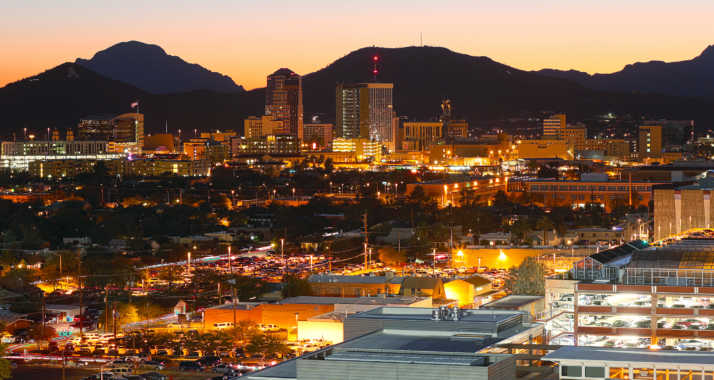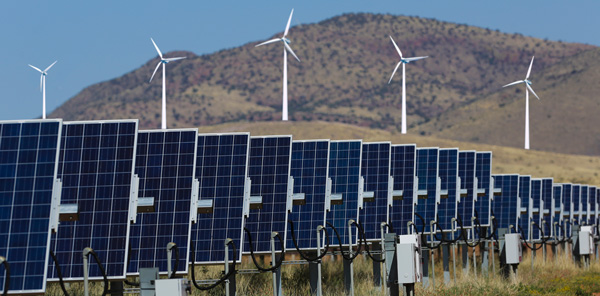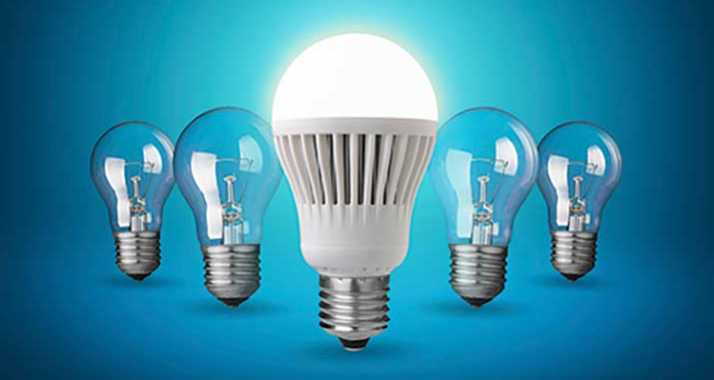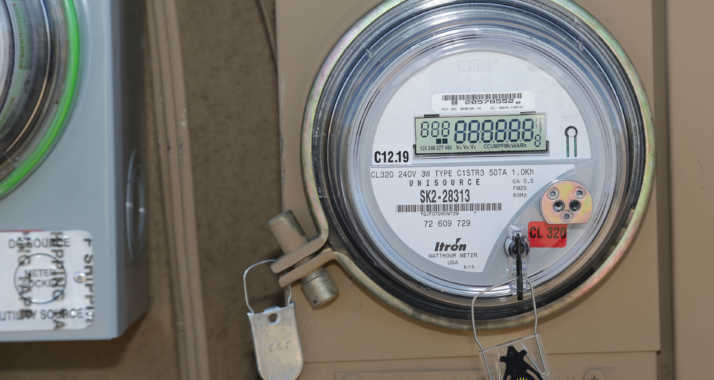

Tucson Electric Power is partnering with Tucson Water on a conservation effort by giving incentives to customers to upgrade old swamp coolers to new energy-efficient air conditioners.
The two utilities are working together for the second year to help customers reduce energy and water use through TEP’s Efficient Home Program, which offers rebates of up to $650 for customers who install ENERGY STAR-certified air conditioning units. Customers must use participating contractors to qualify for incentives.
“This is something that offers a mutual benefit to help conserve water and electricity,” says Armando Ruiz, Senior Tech Specialist in TEP’s Residential Energy Efficiency Program. “These two resources are closely linked. They are heavily dependent on one another.”
Used in dry climates, swamp coolers operate by pumping water up from a reservoir to soak fiber pads while a fan draws in air that is cooled by passing through the wet pads. They’re also known as evaporative coolers, a name that highlights the process that cools the air when liquid water turns to vapor.
While coolers don’t require much electricity, they use a significant amount of water and lose effectiveness in humid conditions, especially during Tucson’s summer thunderstorms.
The amount of water it takes to operate a swamp cooler varies widely depending on the efficiency of the unit, where it is placed, the size of the home and other factors. Generally, swamp coolers can use from 50 to several hundred gallons of water per day, said Candice Rupprecht, Water Conservation Specialist at Tucson Water.
In addition to saving water, customers who switch from swamp coolers to energy-efficient air conditioners can keep their homes comfortable during the monsoon months instead of sweating it out in the humidity.
“Tucson Water has a longstanding commitment to offering customer incentives that increase water efficiency and enhance people’s quality of life. This partnership showcases how customers benefit when our utilities work together to provide community conservation programs,” Rupprecht said.
Tucson Water and TEP will inform customers about the new program through bill inserts, social media and other communications.
“In Tucson, comfort goes a long way during the monsoon months,” Ruiz said. “When you replace swamp coolers with efficient air conditioners, you can conserve water and electricity without sacrificing comfort.”
To obtain the incentive, customers begin by contacting a participating contractor listed here. Unlike other major appliances, air conditioners are not plug-and-play devices and require specific guidelines for proper installation. Participating contractors ensure that units are operating at peak efficiency. They also check the homes’ ductwork to make sure the cool air stays inside. The rebates are provided as credits by the contractor at the time of billing.
For more information, visit tep.com/efficiency/home/efficienthome.
Beyond the AC and heat pump rebates, TEP offers a host of energy efficiency incentives that customers can claim year-round. Customers can buy energy efficient compact fluorescent and LED light bulbs at a discount at several retail outlets. Customers with pools can quality for incentives by installing efficient variable speed pool pumps.

